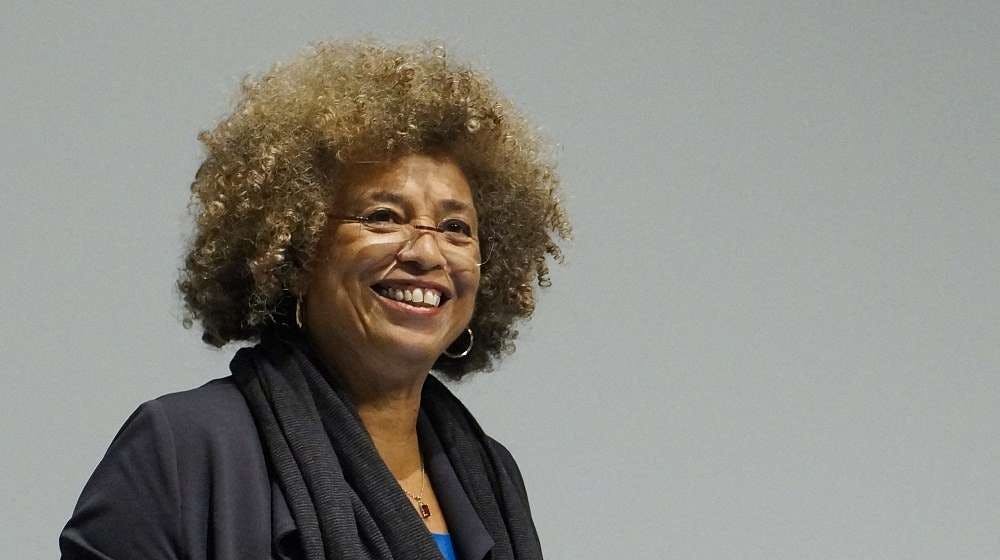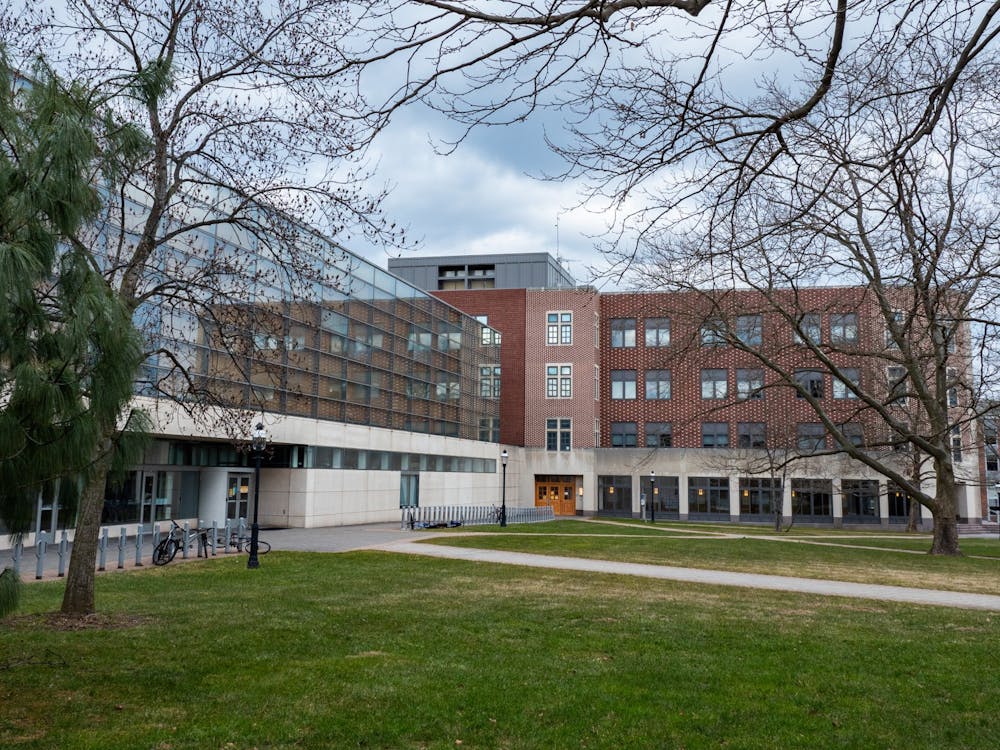Political activist Marielle Franco’s black feminism aimed to understand and transform the world. She hoped it wouldn’t just respond to one group’s needs, but to all of ours, Angela Davis said in her tribute to Franco on Thursday, March 14.
A year after Franco’s assassination, Franco’s name has become a rallying cry in a polarized Brazil. At the time of her death, she had been serving as a city councillor of the Municipal Chamber of Rio de Janeiro for the Socialism and Liberty Party. She was an outspoken critic of police brutality and champion of black feminism and the LGBTQ+ community.
“I’m extremely sad that I never had the opportunity to meet her in person,” said Davis, who only learned of their common aspirations, involving feminism and fighting racism, after Franco’s death.
Davis is an author, professor, and civil rights activist. She is a professor emerita of History of Consciousness at University of California, Santa Cruz and the co-founder of Critical Resistance, a group dedicated to dismantling the prison-industrial complex. She was a prominent member of the Communist Party USA and the Black Panther Party, and was imprisoned for a year as a result of her involvement in prisoners’ rights activism in 1971.
Franco believed that even with its 500-year legacy, racism can be abolished, said Davis.
“She remains a beacon of hope to people around the world who deeply believe in the imminent possibility of radical transformation in Brazil, in the Americas, and all over the planet,” she said.
Davis then criticized the practice of calling only U.S. citizens “American.” She noted the term follows the same colonialist logic that historically allowed the category of “human” to refer solely to humans who were white and slave-holding.
If the designation “American” applied to inhabitants of all the Americas, Davis said she would be proud to call herself one, adding, “Then Marielle Franco would be my American sister comrade.”
Noting that Franco was an elected official, Davis said American feminists must be more vigilant in working across multiple divides, including those between government and non-government affiliated activists. In this vein, Davis emphasized the importance of providing mass support for Senators Omar, Tlaib, Ocasio-Cortez, and other women of color recently elected to Congress.
She went on to analyze how Franco’s feminist approach helped her strategically critique police violence.
“Black feminism calls upon us to reimagine our connectedness, our relationalities, and how they might be expressed if we are not forever encumbered by the increasing obsolete structures of the capitalist nation state,” she said.
The shooting of Michael Brown in Ferguson helped start an important conversation about challenging the militarization of the U.S. police force, according to Davis.

People witnessed police in military uniforms with military-grade weapons, moving through the streets of Ferguson in military vehicles, she said.
“After the immediate outcry, they packed up the clothes and weapons that made them so obviously military,” she said, stressing that the police continued using military technology and other tools despite these surface changes.
Ferguson and the emergence of Black Lives Matter shifted the focus of anti-police violence discourse away from policing individual police officers, Davis explained.
She further elaborated that the problem does not reside in the attitudes of the individual police officers responsible for the violence, but in the larger embeddedness and interconnectedness of many factors.
Davis says the term “intersectionality” encompasses these factors, as well as the contributions of women of color and working class women.
Franco often said “I am because we are,” according to Davis.
Today’s black feminisms are moving towards a universal approach, with an emphasis on the communitarian, she explained.
Davis believes feminist methodologies can be used to understand the world in ways university-learning cannot. She said their “interdisciplinarity allows us to acknowledge knowledge that is produced in venues outside of the universities.”
The talk, which took place at 5 p.m. in McCosh 10, was the keynote address for the conference “Black Feminisms across the Americas: A Tribute to Political Activist Marielle Franco,” organized by the Brazil LAB and the Princeton Institute for International and Regional Studies. Other speakers included Carolyn Rouse, Imani Perry, Aisha Beliso-De Jesũs, Keeanga-Yamahtta Taylor, Tianna Paschel, Débora Diniz, Djamila Ribeiro, and Mônica Benício.








